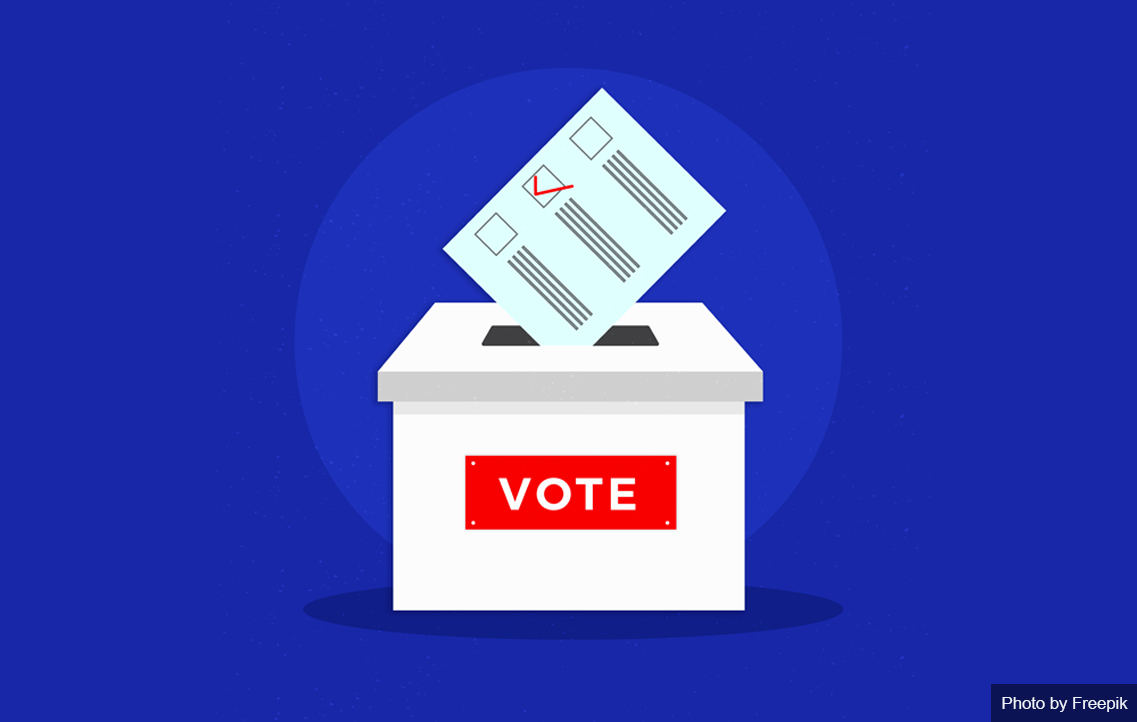
The date for Singapore’s Presidential Election hasn’t yet been set, but hustings are already starting to take shape. On Wednesday (Jul 19), former GIC chief investment officer Ng Kok Song confirmed his intention to run for the elected presidency.
Mr Ng is the third presidential hopeful – former Senior Minister Tharman Shanmugaratnam and businessman George Goh having already thrown their hats into the ring.
Considering the president’s custodial powers over the use of reserves, Mr Ng cited more than 40 years of public sector experience, mostly in reserves-related roles in Singapore’s central bank, the Monetary Authority of Singapore, and sovereign wealth fund GIC.
“I’m independent,” he said after collecting his eligibility forms, stressing that he had never been a member of any political party.
Whether he qualifies as a candidate is another matter. Mr Ng’s GIC role is not in the list of public service roles laid out in the eligibility criteria, and he will need to be assessed under the deliberative track. Harvey Norman Ossia founder Mr Goh’s eligibility is also still unclear.
But assuming they will be cleared to run, the Presidential Election may see a three-cornered fight. What does Mr Ng’s entrance portend for Mr Tharman, who is already tipped to be the hot favourite, and Mr Goh, who is positioning himself as the private sector challenger?
SPLIT THE VOTE IN THREE-CORNERED FIGHT?
It may be useful to cast our eyes back to the two contested presidential elections in Singapore’s history.
While more candidates offer the electorate choice, there will inevitably be questions about splitting votes in Singapore’s first-past-the-post system. An election involving more than two candidates will typically result in a broader distribution of votes across the board.
The 2011 Presidential Election featured four candidates, with Mr Tony Tan winning with 35.2 per cent of votes cast, narrowly edging out Mr Tan Cheng Bock (34.85 per cent) ahead of former opposition politician Tan Jee Say (25.04 per cent) and former NTUC Income CEO Tan Kin Lian (4.91 per cent).
In contrast, the 1993 Presidential Election saw Mr Ong Teng Cheong win by 58.69 per cent against Mr Chua Kim Yeow (41.31 per cent). As such, a dilution of votes away from the winning candidate could be interpreted as a less-than-robust mandate by some.
With Mr Ng’s entrance, we can expect to see some extent of vote dilution in the 2023 Presidential Election, with voters who prefer a candidate with no history of political affiliations likely to vote for either Mr Ng or Mr Goh.
MIDDLE GROUND OPTION
However, such oversimplification might be a disservice to voters. On his part, Mr Ng pointed out that he would not “endure all this suffering” with his family “for the sake of just splitting the votes”.
It is also important to note that Mr Ng and Mr Goh differ in one important way. Unlike Mr Goh, who has established himself in the private sector, Mr Ng possesses strong policy experience from his extensive experience in public service.
This means that Mr Ng will likely appeal to voters who would prefer a president with experience in the government but who may not have enjoyed any party affiliations.
In any election, it is common to speak of “pro-establishment” and “anti-establishment” voters, although the two terms are, in reality, polar opposites on a broad spectrum of political views and preferences.
It is safe to say that Mr Tharman’s extensive history in government will make him be seen as an establishment figure while Mr Goh, by virtue of being from the private sector, will attract voters from the opposite end of the spectrum.
Seen in this light, Mr Ng presents an intriguing middle ground option for voters who may not necessarily be anti-establishment but nonetheless prefer the safety of a candidate from the public sector.
So it would not be surprising if Mr Ng drew votes away from both Mr Tharman and Mr Goh.
WILL THE “THARMAN EFFECT” PREVAIL?
Regardless of how a three-way fight may impact the distribution of votes, the largest question on most voters’ minds may well be: Given Mr Tharman’s strong popularity, will any of this even matter?
Aside from the possibility of vote dilution, Mr Tharman would be running against two Chinese men. Voters may choose to vote for candidates that reflect Singapore’s ethnic majority.
On the flip side, a victory would indeed be a positive sign that the Singaporean electorate is not encumbered by racial biases. A survey conducted by CNA and the Institute of Policy Studies in 2021 found that Singaporeans have become more open to the idea of a non-Chinese prime minister or president.
Mr Tharman has expressed confidence that race will not be an issue for him, as he has “the advantage of having been around for some time”, he said at the announcement of his candidacy in June.
Regardless of whether there will in the end be a contest, it is a good thing for Singapore that Mr Tharman’s reputation has not stopped others from stepping up to contest the 2023 Presidential Election and expressing their desire to serve.
Dr Woo Jun Jie is Senior Research Fellow in the Governance & Economy Department of the Institute of Policy Studies, National University of Singapore.
This piece was first published in CNA on 20 July 2023.
Top Photo from Freepik
